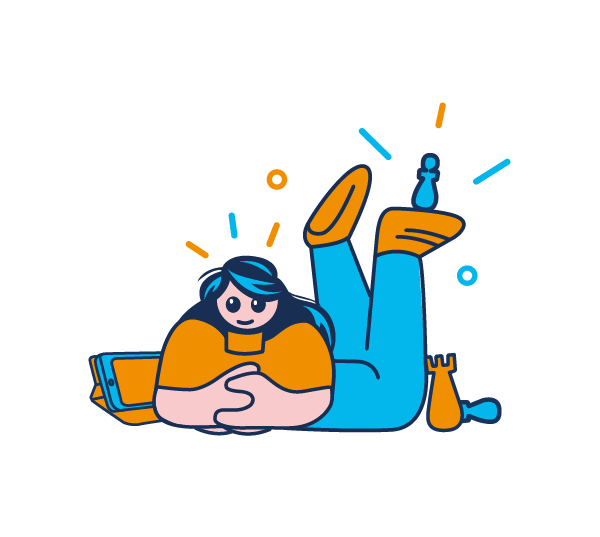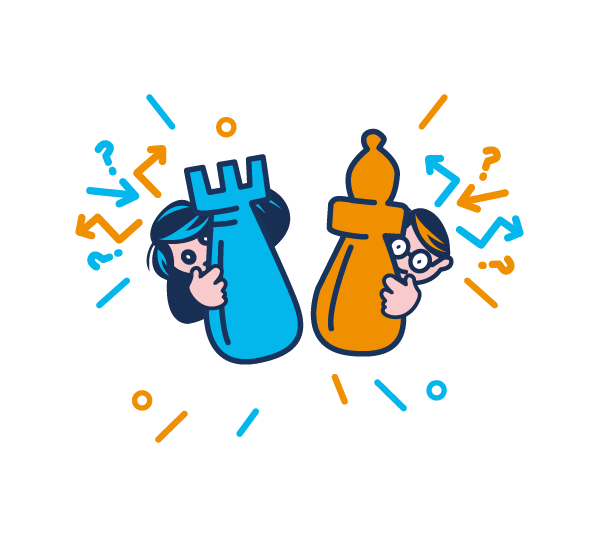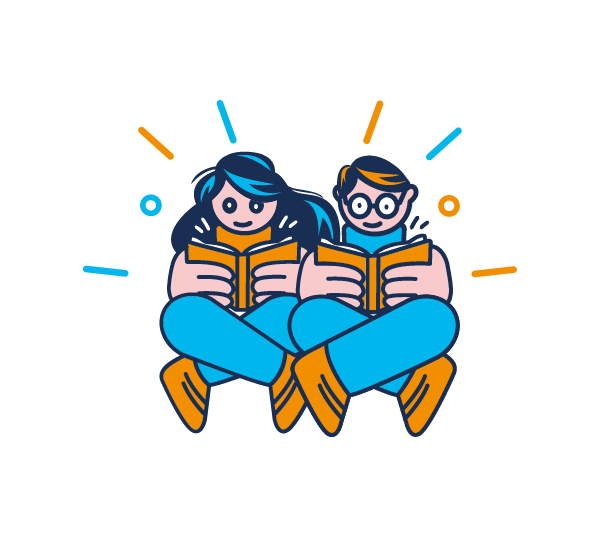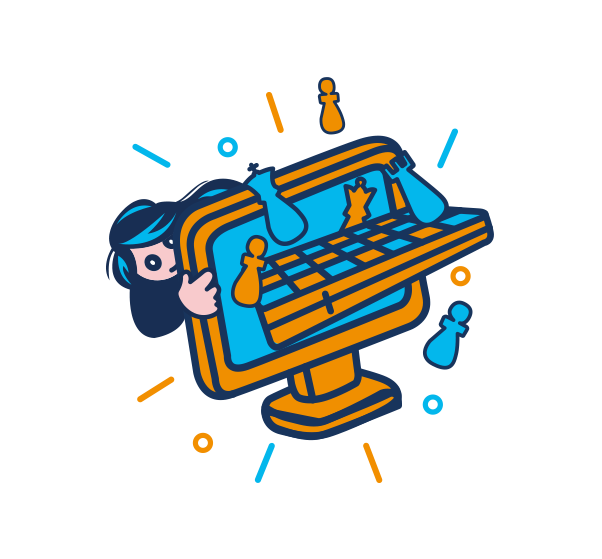For teachers
Easy to use in class and suitable for teaching.
Help teachers and students to improve the quality of the teaching-learning process.
To learn moreBalearic Islands, Asturias, Madrid, Canary Islands, Galicia, Germany, Russia and Panama
To learn moreBy Innovaudima with educational technology, Distance University of Madrid (UDIMA).
To learn more
Playing chess stimulates concentration: the ability to focus on what's happening on the chessboard and abstract from everything else.
A study by German scientists in 2010 found that when analyzing the possible moves during a game of chess, both cerebral hemispheres work equally. This result surprised the researchers, who started from the hypothesis that the left hemisphere, responsible for the ability of logical reasoning, would show a greater activity.


Helps them accept the rules and accept the consequences of their own actions. It is a game does not depend on chance: all the pieces are always in sight, the moves depend on the players, there is no external element that can affect the development of the match.
Beyond all these benefits, it is clear that the chess is still a game and, as such, it also has the positive characteristics of any recreational activity. It is entertaining and allows you to interact with other people, regardless of age or nationality (it is not necessary to speak the same language), and you can also play from a distance.


According to a study conducted in the United States, students who participated in a program to stimulate the game of chess improved their reading ability compared to the group that was not part of that program. According to the scientists, the differences between the two groups were significant. They clarified that further work would be needed to determine the reasons for this increase in the reading ability of students.

They are simple games played on a chessboard. By systematically mastering these games, beginners learn to formulate strategies and carry out plans. We use the mini-games because They are also easy to learn and create a progressive knowledge scale.
Easy to use in class and suitable for teaching.
Challenge anyone from any country.
Multiple benefits for children and development of skills.
Competitions between schools, communities or countries.
